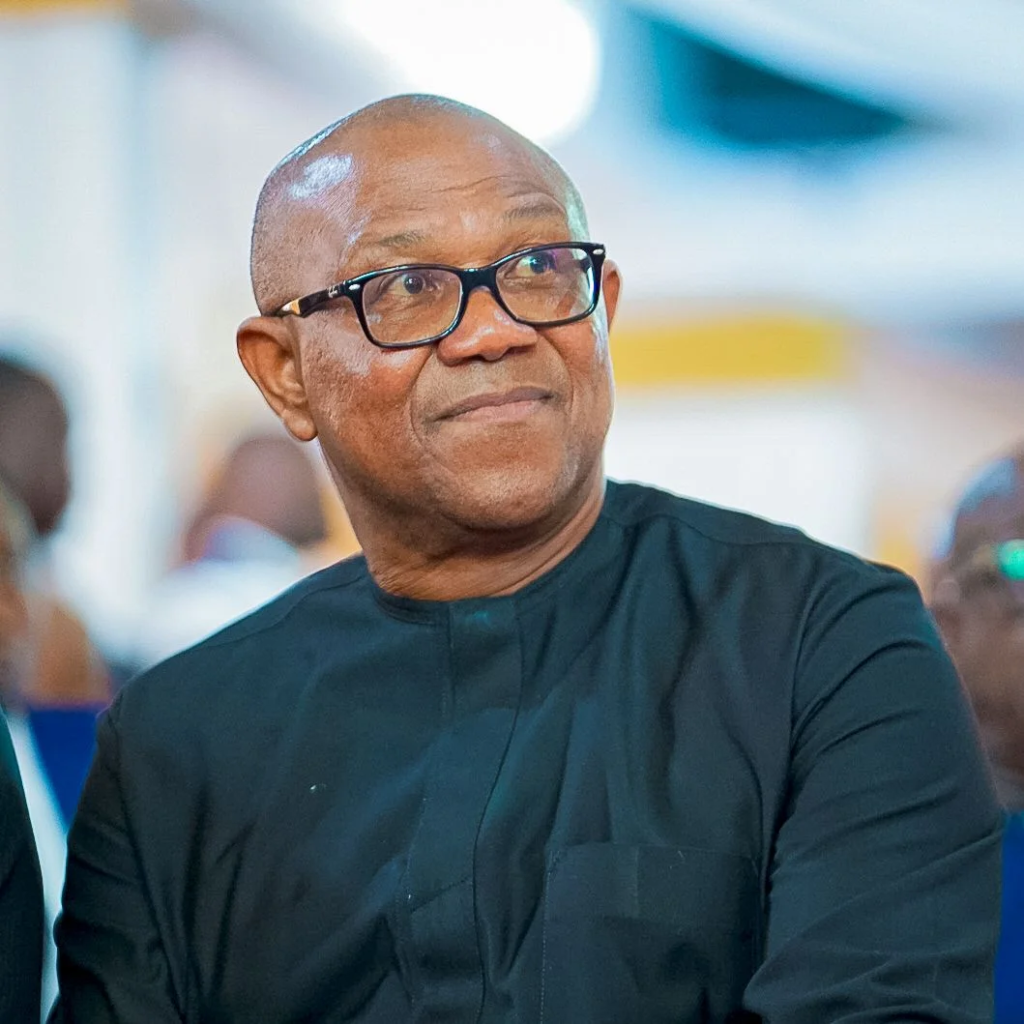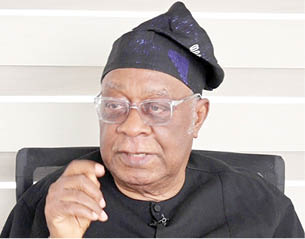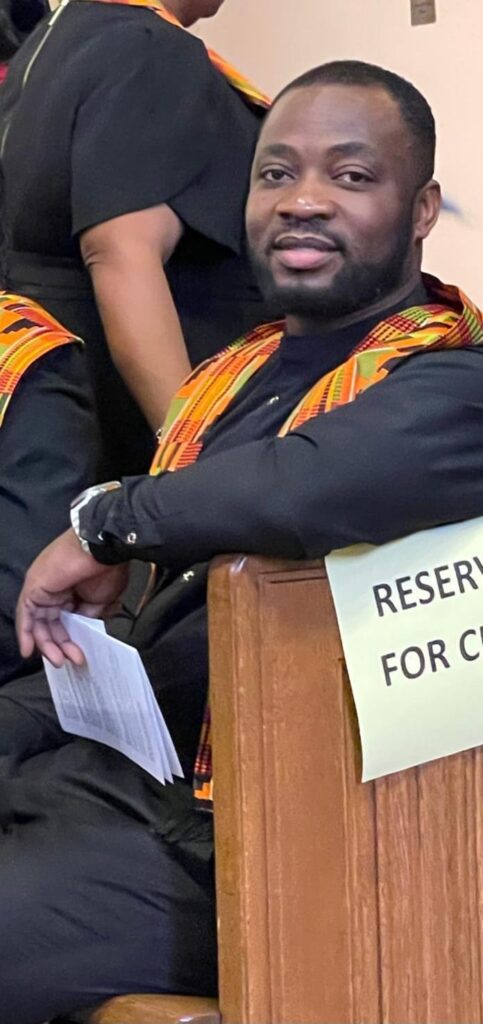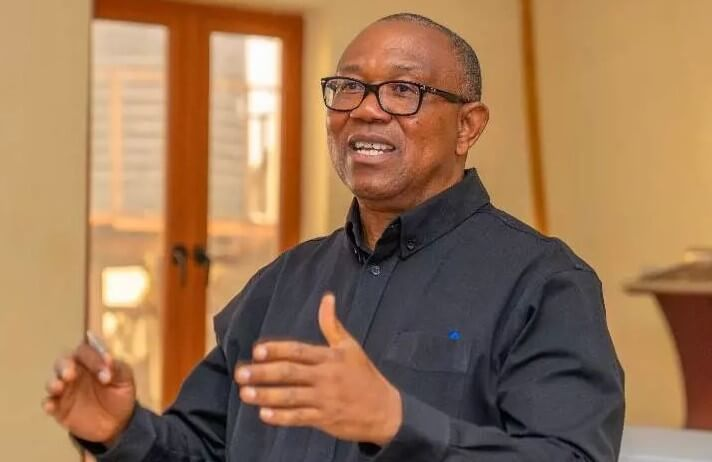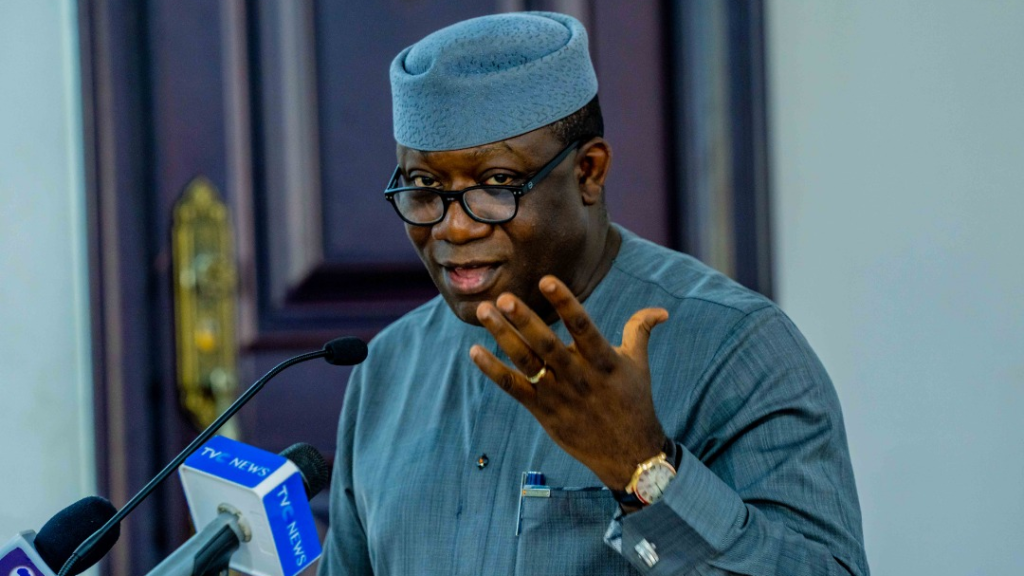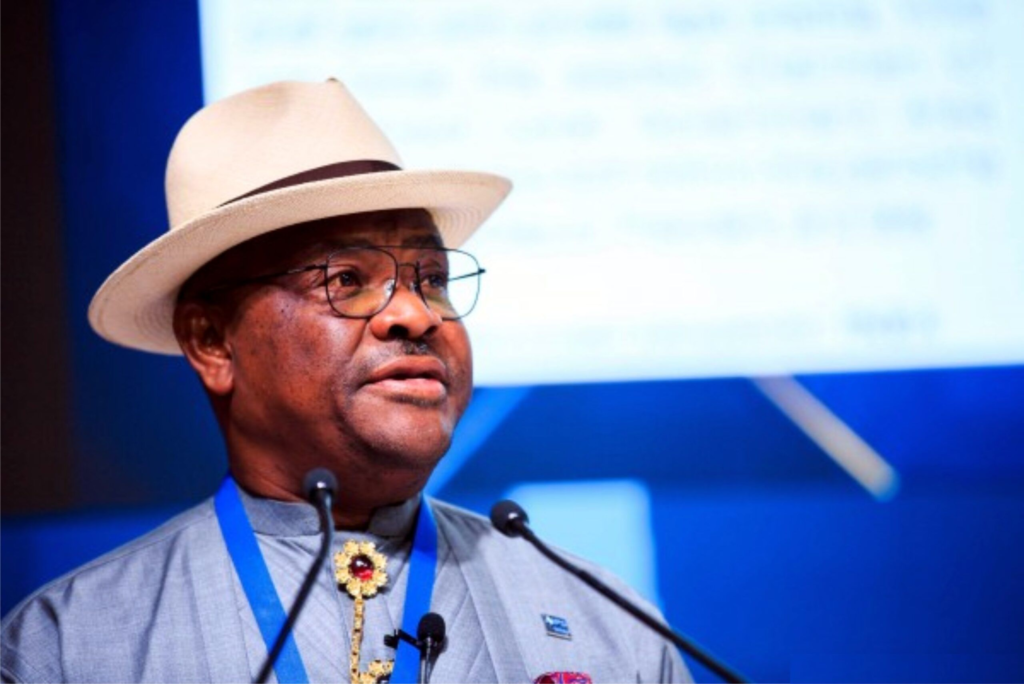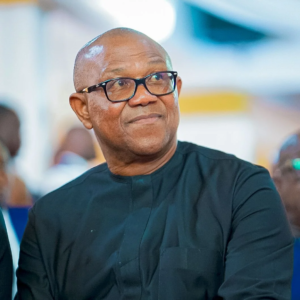The House of Representatives has charged its committees on Tertiary Education and Services, Land Transport, Environment, and Science and Technology with collaborating with stakeholders to develop a 10-year action plan to improve the research capabilities of Nigeria’s tertiary institutions to improve the automobile industry.
This comes as the House has encouraged the federal government to fully finance institutions involved in the development of electric and solar cars. Simultaneously, he tasked the National Automotive Design and Development Council (NADDC) with devising a realistic strategy for producing electric automobiles in commercial quantities in Nigeria utilizing indigenous human resources.
The chairman, House Committee on Defence, Babajimi Benson, on in a motion in Need to Increase Funding for Innovation and Technology in Tertiary Education, noted that the Faculty of Engineering, University of Nigeria, Nsukka (UNN) recently unveiled its first five-seater electric car, Christened Lion Ozumba 551.
In the same vein, the House mandated its Committee on Labour Employment and Productivity to develop a comprehensive industrial revolution template featuring both economic and social impact projections and report back within six weeks for further legislative action.
The member representing Ahiazu/Ezinitte Federal Constituency of Imo state Hon. Chinedu Emeka Martins in a motion in the Urgent Need to Combat Unemployment and Social Vices through Establishment of Industries Across
The Federation noted that the unprecedented rate of unemployment was the root of the social vices in the country.
He explained that currently experienced unemployment in the country and 33.3 percent unemployment and the 28 percent youth unemployment rates amounting to over 11 million unemployed youths, verify the lack of cottage industries in the country. This, he said, should have played a critical role in engaging youthful energy positively in the production of raw materials as well as semi-finished products, thus distracting young people from taking up social vices as the only alternative for survival and social mobility.
Benson’s motion highlighted that the automobile, which is supposed to be part of the institution’s commitment to prioritize innovation and technology, was manufactured with 80 percent locally sourced materials and can cover 30 kilometers distance when fully charged.
Segun Oyeyiola, an undergraduate at Obafemi Awolowo University’s Faculty of Engineering, transformed a Volkswagen Beetle into a wind and solar-powered automobile in 2014, according to Benson.
Given the rampant environmental pollution and the ongoing push for greener sources of energy and transportation, he believes that any vehicle that is ecologically friendly and does not release hazardous gasses should be supported.





